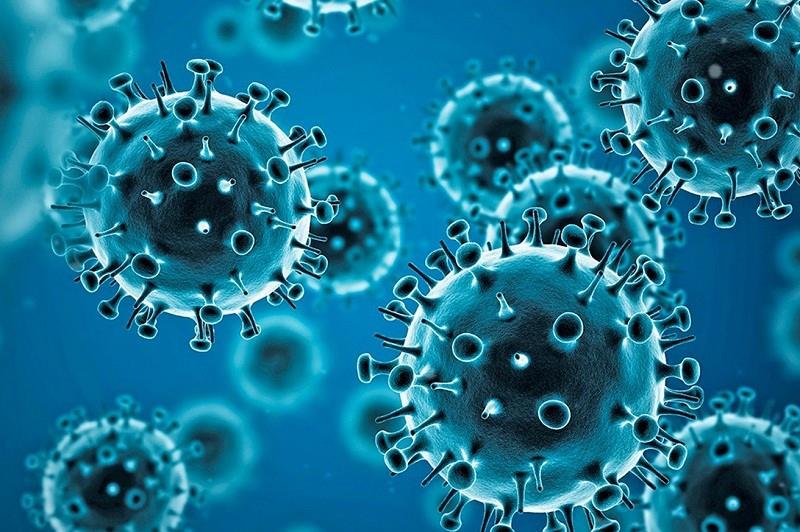India-Australia researchers predict COVID-19 vaccine efficacy
March 08, 2022 | Tuesday | News
Developed a mathematical model to simulate infections in a virtual patient population
Image credit: shutterstock
Researchers at the Indian Institute of Science (IISc) and Queensland Brain Institute (QBI) in Australia have developed a mathematical model that predicts how antibodies generated by COVID-19 vaccines confer protection against symptomatic infections. The study was published in Nature Computational Science.
The researchers first analysed over 80 different neutralising antibodies reported to be generated after vaccination against the surface spike protein of SARS-CoV-2, the virus that causes COVID-19. These antibodies are typically present in the blood for months and prevent virus entry by blocking the spike protein. The researchers hypothesised that these 80 antibodies constitute a ‘landscape’ or ‘shape space’, and each individual produces a unique ‘profile’ of antibodies which is a small, random subset of this landscape.
The team then developed a mathematical model to simulate infections in a virtual patient population of about 3,500 people with different antibody profiles and to predict how many of them would be protected from symptomatic infection following vaccination.
The model developed by the team was able to predict the level of protection that would be conferred after vaccination based on the antibody ‘profile’ of the individual, and the predictions were found to closely match efficacies reported in clinical trials for all the major approved vaccines.
The researchers also observed that vaccine efficacy was linked to a readily measurable metric called antibody neutralization titre. This opens up the possibility of using such models to test future vaccines for their efficacies before elaborate clinical trials are launched, the authors suggest.









